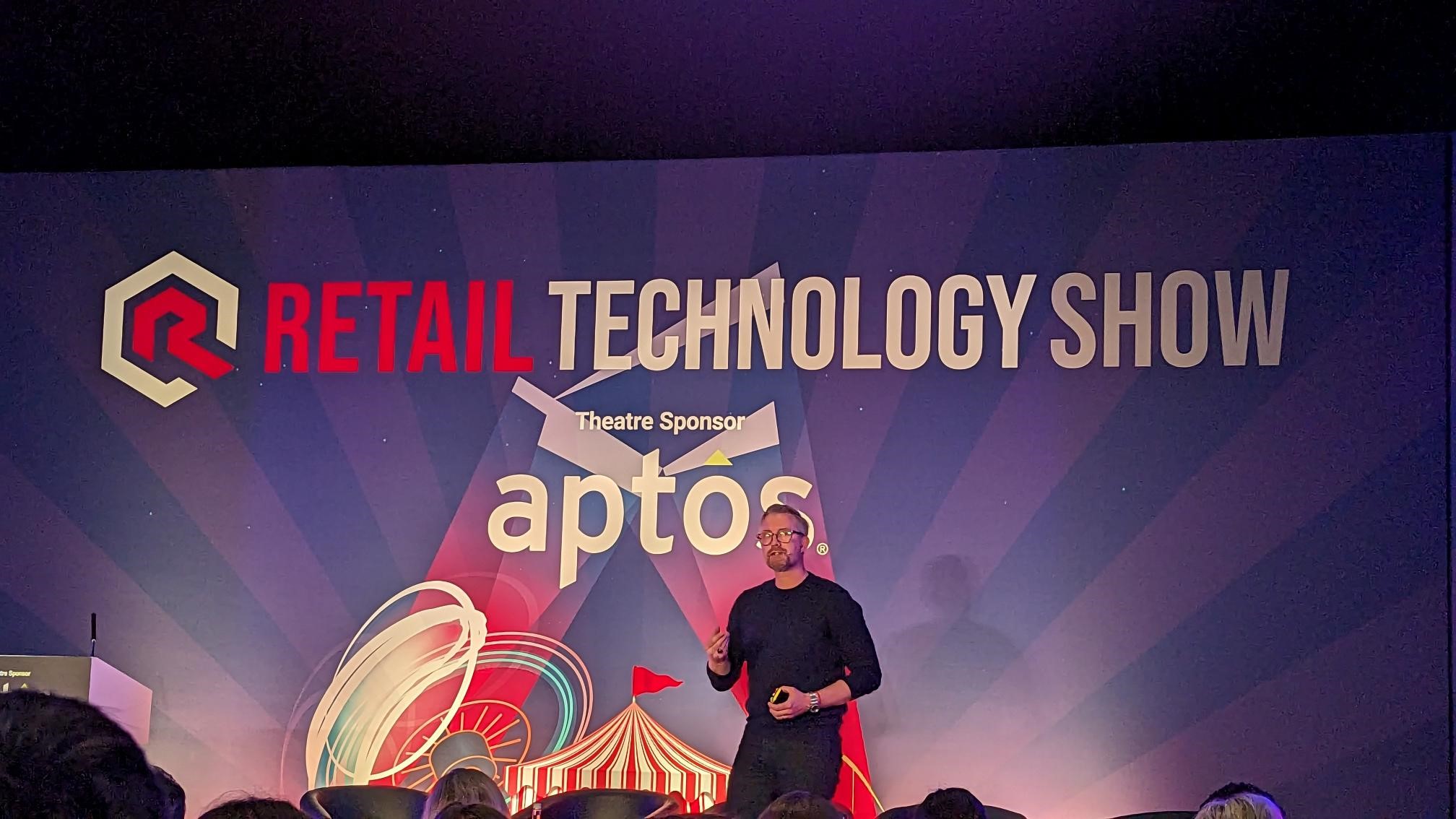Shein’s head of strategic and corporate affairs for North America and Europe has defended the company’s operations and processes, saying that the Chinese clothing giant doesn’t “cut corners” on labour practices, material safety, or product quality.
Speaking at the Retail Technology Show in London on Wednesday, Peter Pernot-Day suggested that while many customers have a perception of Shein as a “fast fashion” brand, it should instead be described as a “smart fashion” retailer.
The corporate affairs executive also highlighted the importance of the company’s technology strategy as part of its success.
“Our products are high quality, they are safe and they are affordable,” he continued. “I think it’s important to note that we are not cutting corners or trying to play games or dodging taxes that has led to our success - it’s our unique application of technology and innovation.”
He told delegates that Shein has an on-demand model which only produces around 100-200 items in its initial production run, suggesting that this allows the company to respond to trends and meet the requirements of niche customers such as those who follow micro trends.
“The profitable efficiency doesn’t mean cutting corners no labour practices, on material safety or product quality,” he said. “This business would not exist at this scale if we had low cost, cheap, or dangerous items."
The comments come after Shein was accused earlier this year of “wilful ignorance” during a Business and Trade Committee evidence session about supply chain labour rights.
The Committee questioned representatives from Shein and fellow Chinese company Temu, as well as McDonalds and Tesco, as part of a wider inquiry examining the government's employment rights bill and measures to prevent the import of goods produced under poor labour conditions.
During the meeting, Yinan Zhu, Shein’s general counsel for Europe, Middle East and Africa (EMEA) was accused of avoiding answering basic questions about the company’s supply chain.
Zhu was asked several times whether Shein’s products include cotton sourced from China or the Xinjiang region, which she did not answer directly during the session.
The business, which is known for its ultra-cheap clothing, also admitted last year that it had identified two cases of child labour in its supply chain in 2023.
Since then, the company says it has tightened the standards under its supplier code of conduct and responsible sourcing policy so that any severe breaches result an immediate end to supplier relationships.
Following an announcement last year that the business plans to go public on the London Stock Exchange, Shein has also faced backlash from UK charities and industry figures.
Mary Portas, the celebrity retail consultant and television personality, launched a petition urging the Labour government to block the listing.
"Why would we as a country consider embracing a company like Shein onto the London Stock Exchange?" said Portas at the time. "This is a company with allegations of unethical business practices, modern slavery, and violating labour laws. Surely we are better than this?"
Following objections from Amnesty International, UK-based human rights group Stop Uyghur Genocide also launched a campaign attempting to stop the IPO.
Greener fashion
At the event on Wednesday, Pernot-Day said that by “micro producing”, Shein is able to produce less waste.
He added that Shein is also taking steps to reduce its carbon footprint further by using dead stock materials in partnership with a Software-as-a-Service (SaaS) company which analyses fashion brands and connects the company with unused materials.
Additionally, the company has formed a partnership with a university in China to recycle materials to make them accessible to more manufacturers and customers.
“When you speak about green fashion, there is often an association that this will involve a specialise capsule collection, perhaps at a higher price point, featuring relatively scarce materials,” Pernot-Day said. “If this is the solution to the fashion impact crisis, it would be difficult to achieve at scale.”
“It will exclude many customers from its efforts, either due to the price or lack of availability. Our position is that we should work in the material space and invest heavily in the next generation of materials which can be produced at scale.”
Latest News
-
Four people arrested for cyberattacks on M&S, Co-op and Harrods
-
Scotta boosts inventory capabilities with AI
-
EG Group appoints new group CFO
-
Lidl trials 'VAR-style' self-service checkouts to combat shoplifting
-
Ahold Delhaize appoints new CTO
-
Coop Norway rolls out 128 digital screens across its stores
Supermicro and NVIDIA’s AI Solution for Retailers
To find out more: click here
Poundland significantly reduces antisocial behaviour, aggression and shoplifting with Motorola Solutions VT100 body cameras
Retail should not be a high-risk occupation. As a company, we are focused on listening to our colleagues and customers to help them with the issues they are facing in-store and so far, the feedback on our body cameras has been excellent. They act as a great visual deterrent, help to de-escalate situations and overall, this project has significantly aided our goal to make the retail environment safer.
For further information on Motorola Solutions’ retail security products, including body cameras, click here.
For further information on Motorola Solutions’ retail security products, including body cameras, click here.
© 2024 Perspective Publishing Privacy & Cookies











Recent Stories